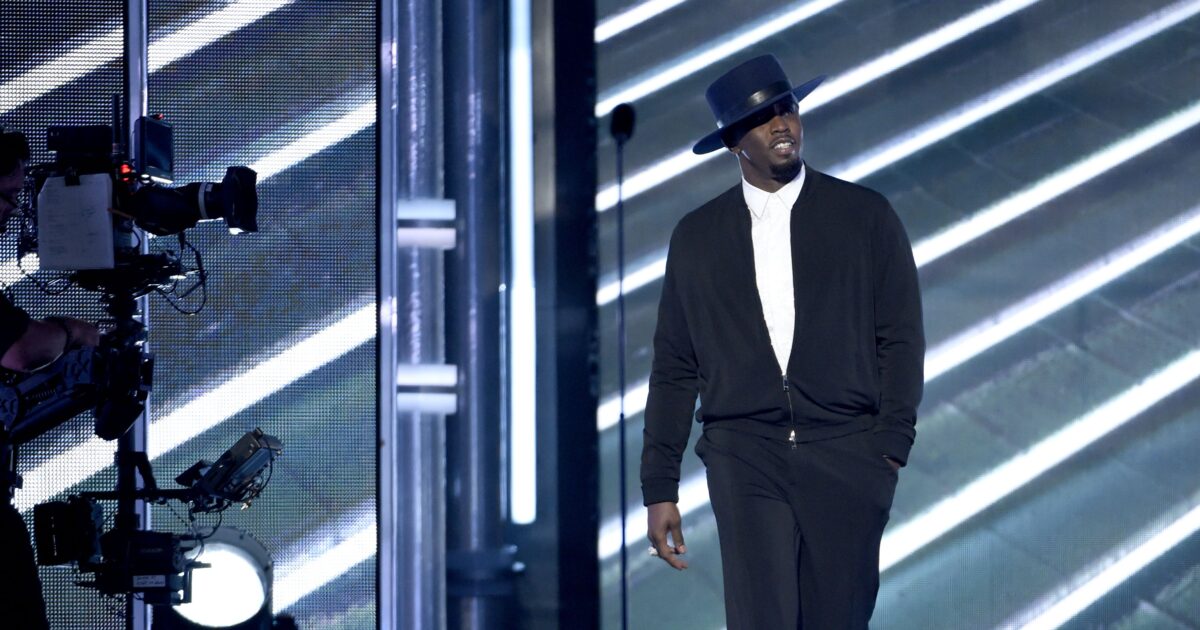And other iconic hip-hop figures such as Antonio la Reid and Russell Simmons, They have been accused in recent years of sexual abuse, denying each category.
Drew Dixon, a former discography executive, complains that he was abused by both. “You don’t just face the one who abused you. You also face those who win by his name, “he said. “These forces will move against every complainant. It’s scary. “
Sil Lai Abrams, writer and activist against gender -based violence, says that “color women have been trained to regard abuse as the price to work in the industry.”
Treva Lindsey, a professor at Ohio State University, says that black women are especially afraid to talk, precisely because they do not want to be considered “traitors” to their community. “The #MeToo in hip-hop must face the deep mistrust of women who reveal abuse-and especially black women.”
Cristalle Bowen adds: ‘Many times, they tell us to be silent “For the good of all of us”” He explains that the hip-hop still has the perception that “you do not get out of the family” which leads many women to silently enduring abuse.
However, something may change. Some artists are starting to speak publicly about their experiences.
Initiatives such as “Silence Is Not Compliance” and Campaigns to Change Politics in Discography show that the dialogue is slowly opening, cowardly.
Caroline Heldman points out that culture is changing slowly. “There will be no” big clearing “as in Hollywood, but we see gradually become more difficult for the perpetrators to remain unpunished.”
Cassie Ventura paved the way – at huge personal costs. The combs case may be the beginning of others to start accountable.
COMBS side states: “Whatever lawsuits are filed, it does not change the fact that Mr Combs has not abused anyone – a man or woman, an adult or a minor.”
But in order to have real cleansing, It is not enough to drop a single man. It needs to break the silence system and create safe places for those who have been abused. As Cristalle Bowen says: “Only when women feel safe to talk – and we believe them – will there be a real change.”
And the question remains: what about art – and in particular with music – when an idol is sentenced to serious crimes?
R&B singer R. Kelly, was sentenced in 2022 to 30 years in prison for trafficking, a criminal organization and sexual abuse of women and children. However, years later, his music is still popular. Since January 2019, it has garnered about 780 million listening to the US, while Spotify has about 5.2 million monthly listeners.
“There are still people who defend R. Kelly,” says Thomas Hobbs, writer and presenter Podcast. “It will not be impressed if Diddy’s streams, like R. Kelly, remain high.”
“These songs are so much integrated into people’s lives that they find it difficult to eliminate them … They are almost part of their DNA. So, some people just choose to look elsewhere, “he says.
The biggest question is: How should the industry itself react?
Following the start of the Metoo movement in 2017, at least 200 prominent men accused of sexual harassment lost their jobs and applied changes to work policies. However, according to Professor Lindsay, Combs’ condemnation alone will hardly lead to wider changes.
“I believe that at this juncture, Diddy – like R. Kelly – is treated as an” exception “… and not as an indication of a broader problem,” he says.
After the #MeToo outburst in Hollywood, there were a few changes that were instituted – albeit late. Among them, the introduction of coordinators of intimacy in the shooting of sex scenes.
Today, some music industry people hope that similar practices will begin to apply to music videos, where there is often opacity and lack of supervision. And so the hip hop – like all the music industry – can no longer stay in the restless.
Source link
